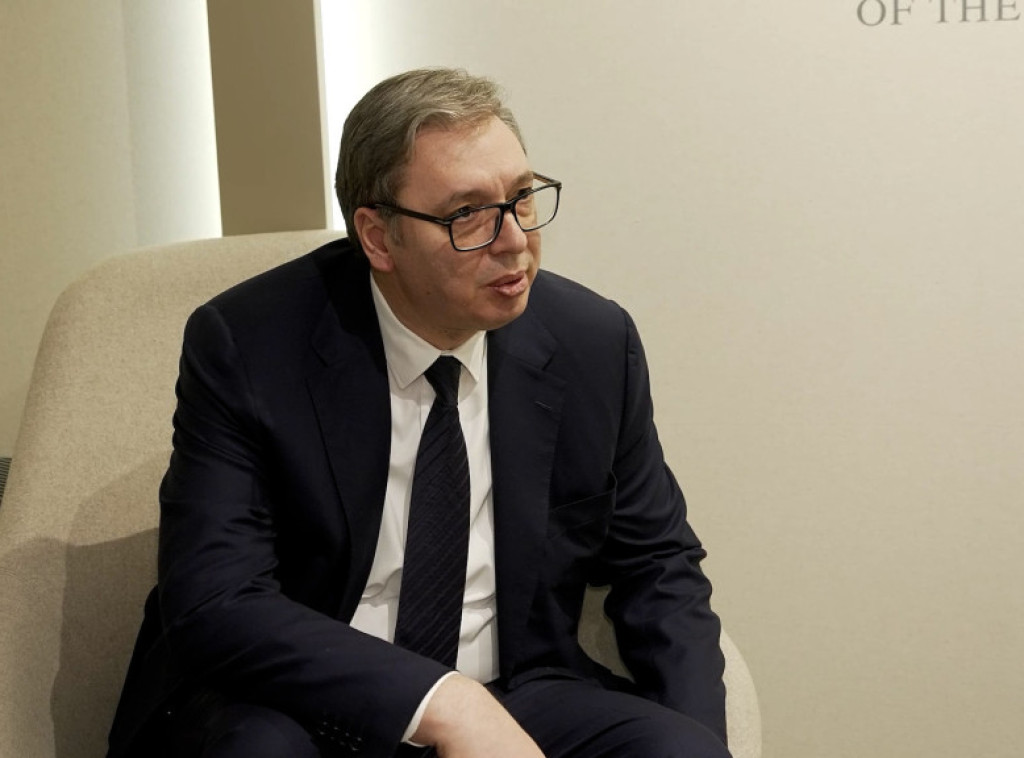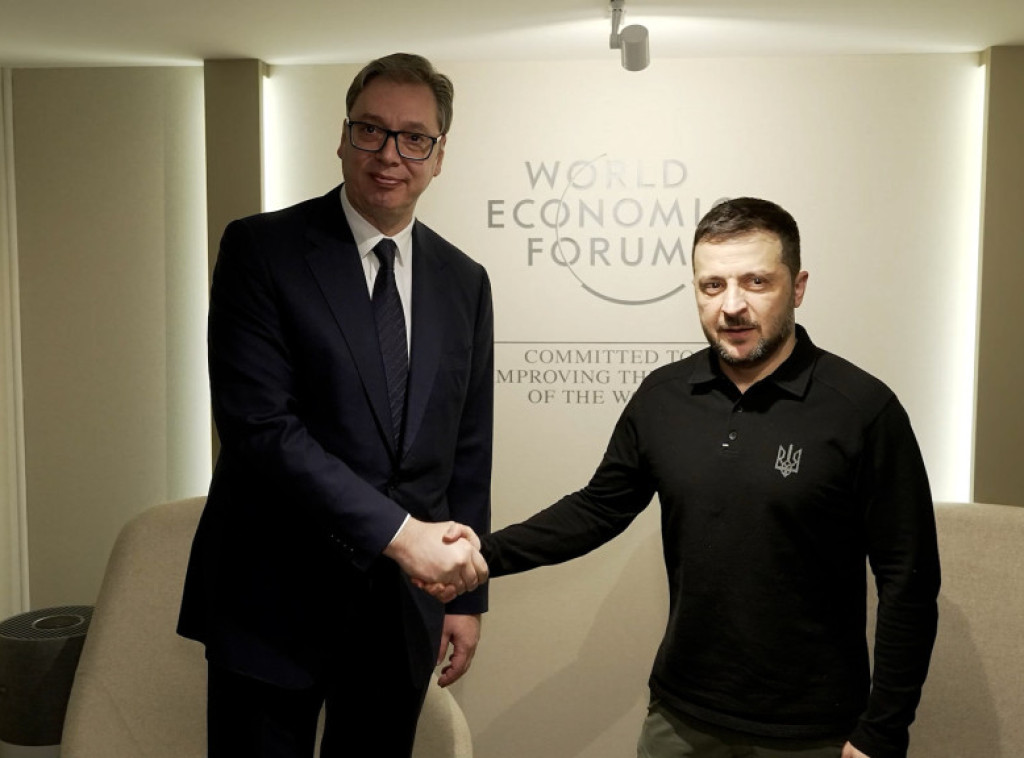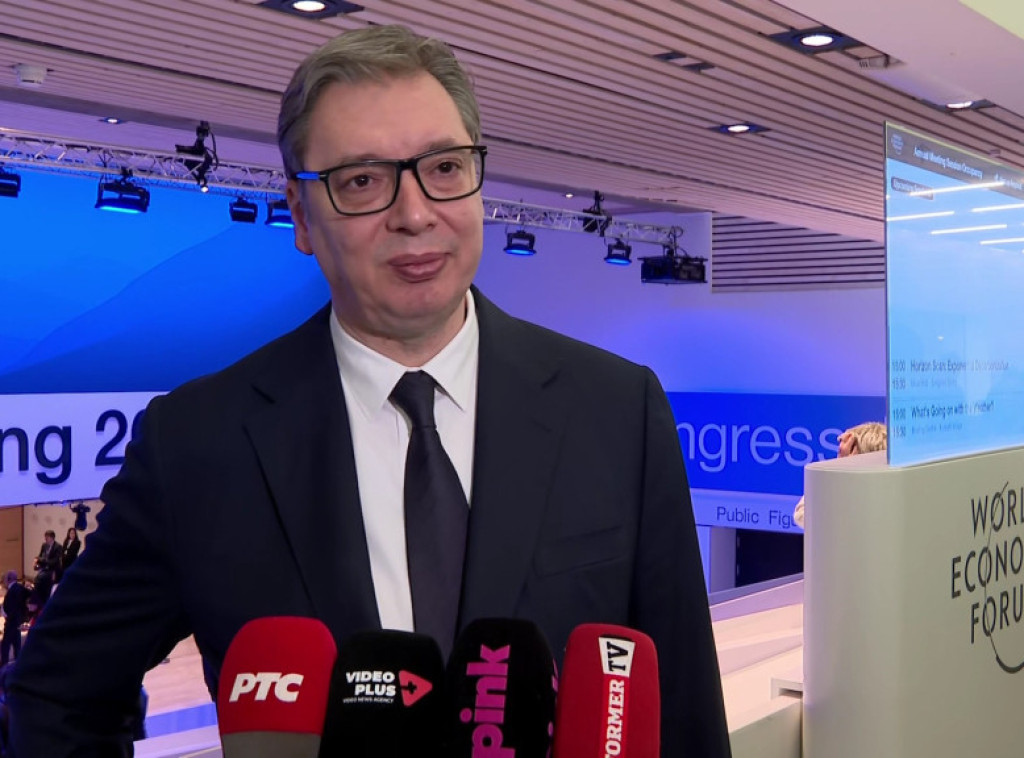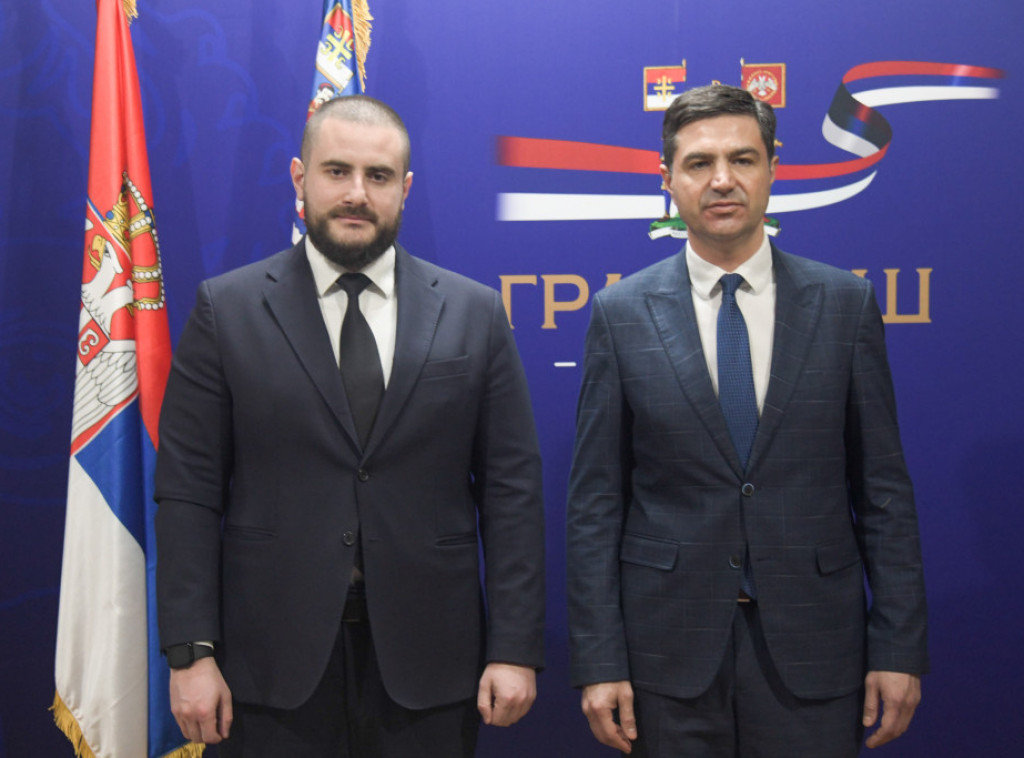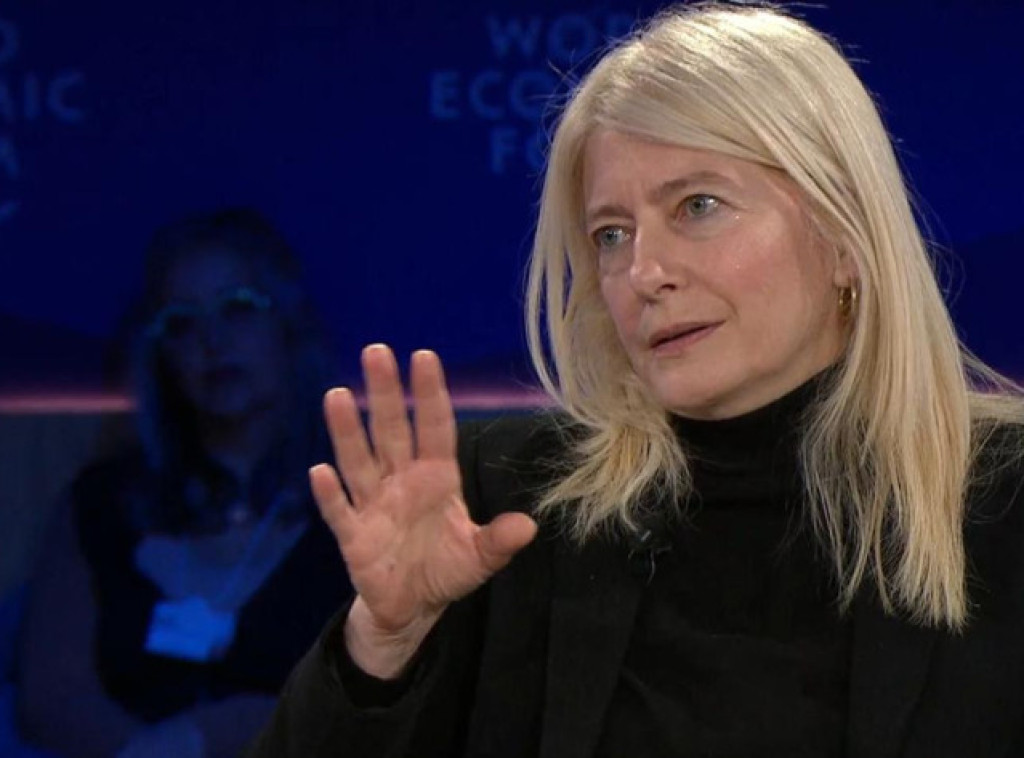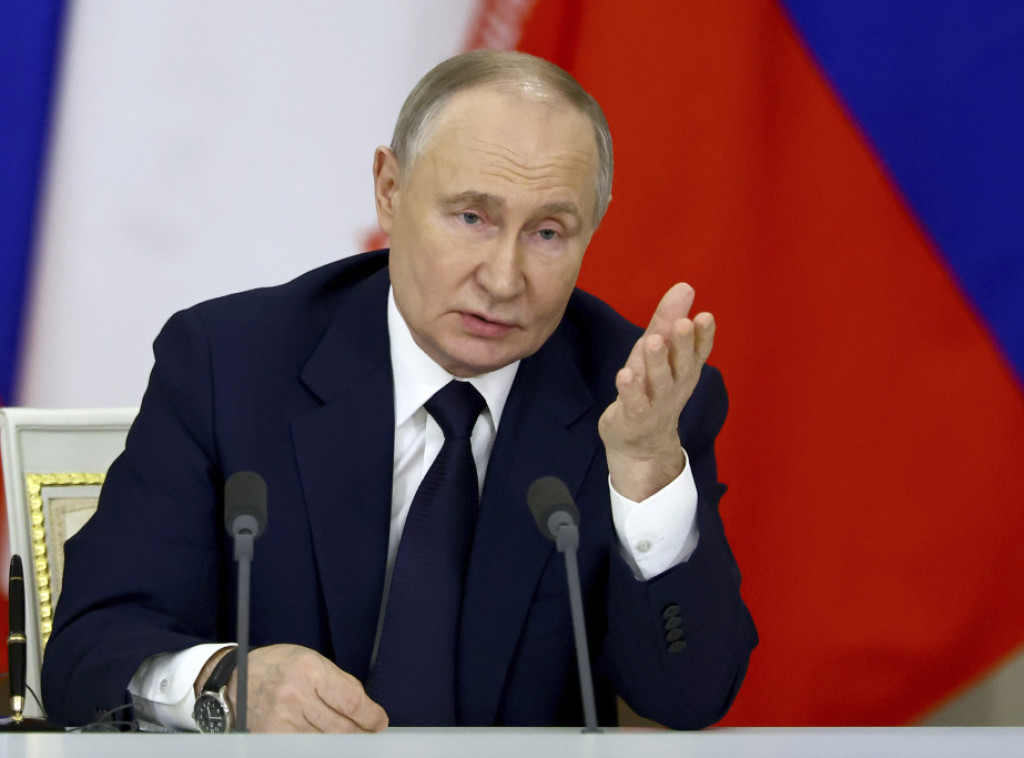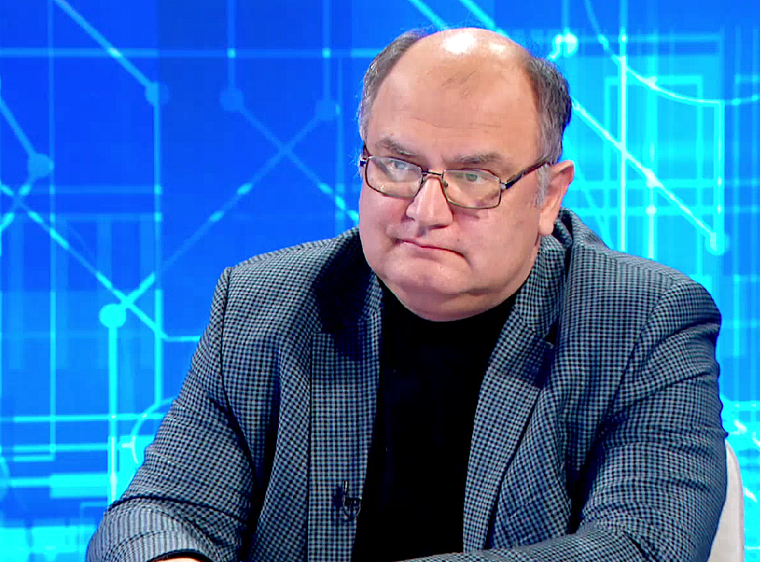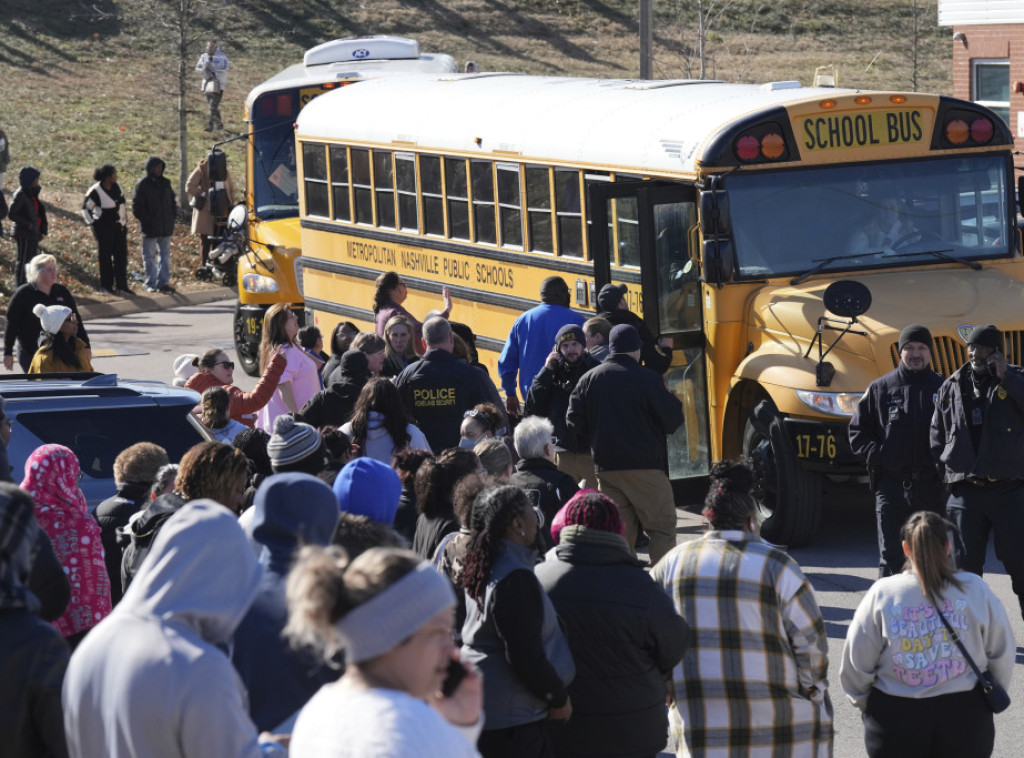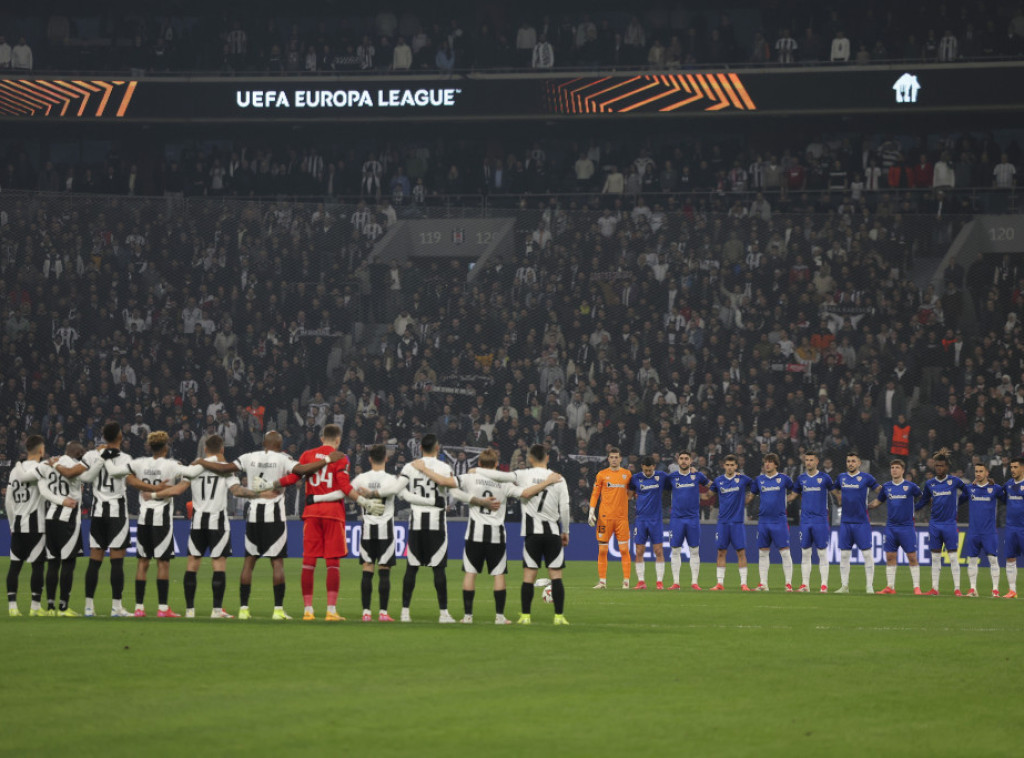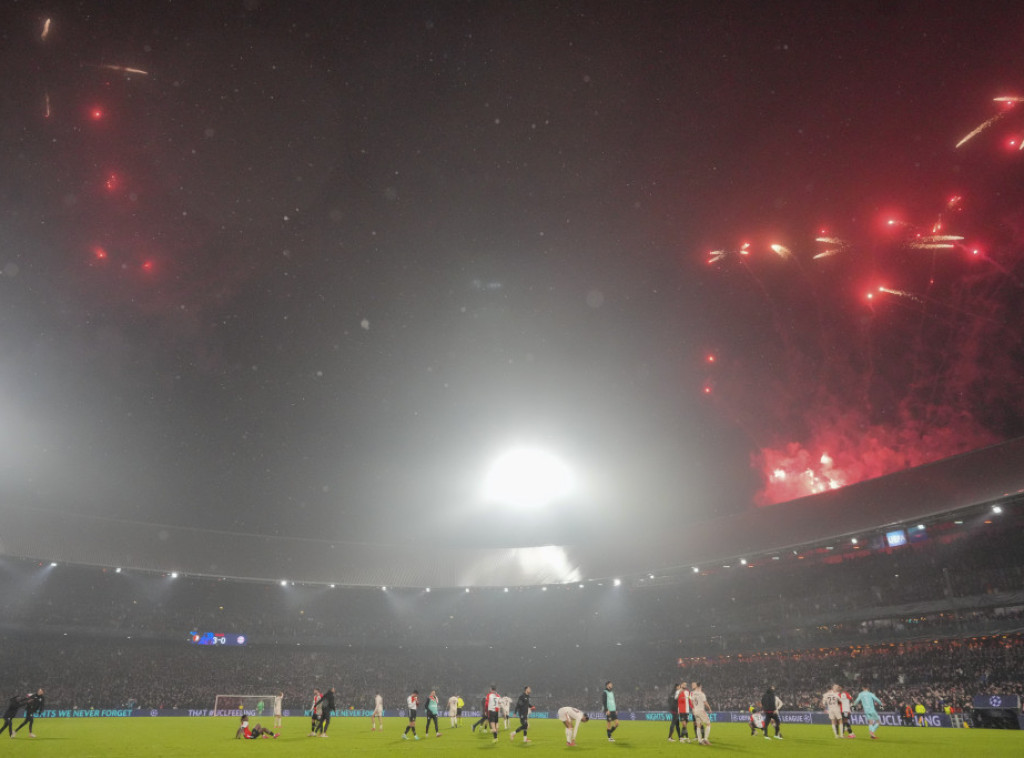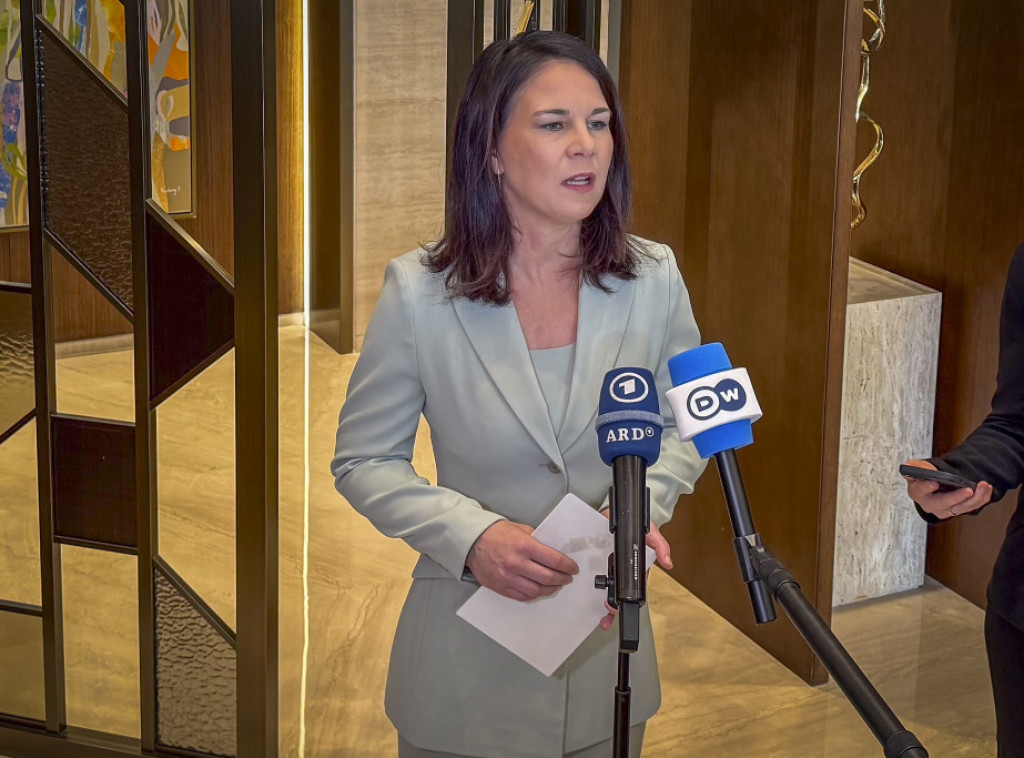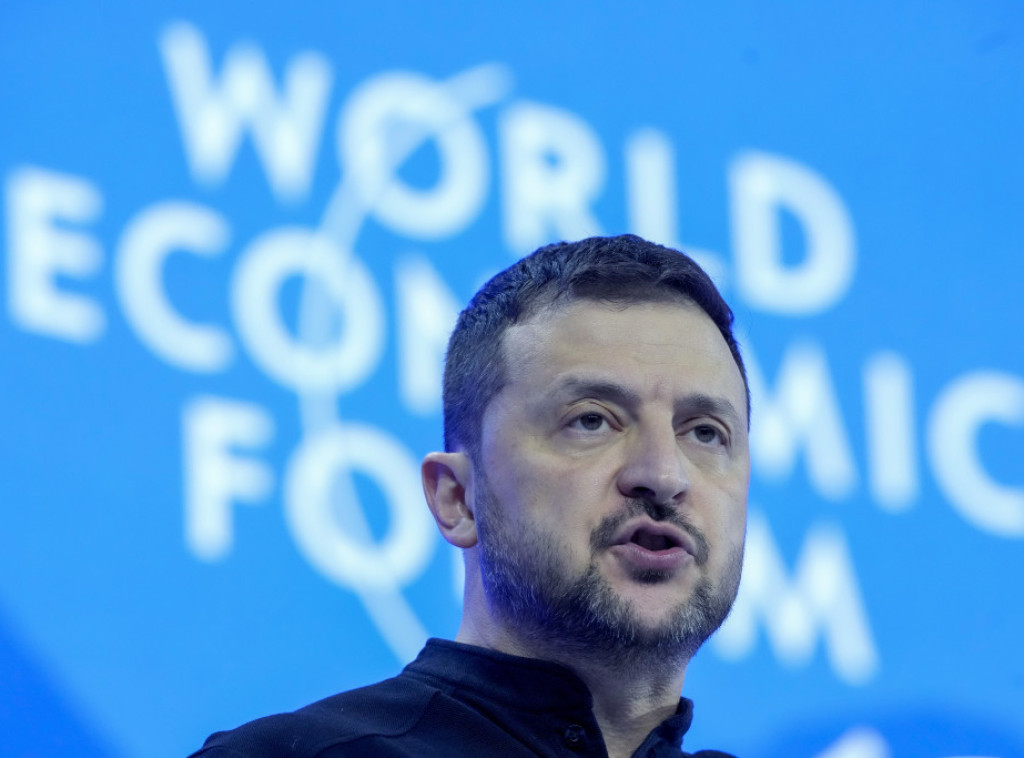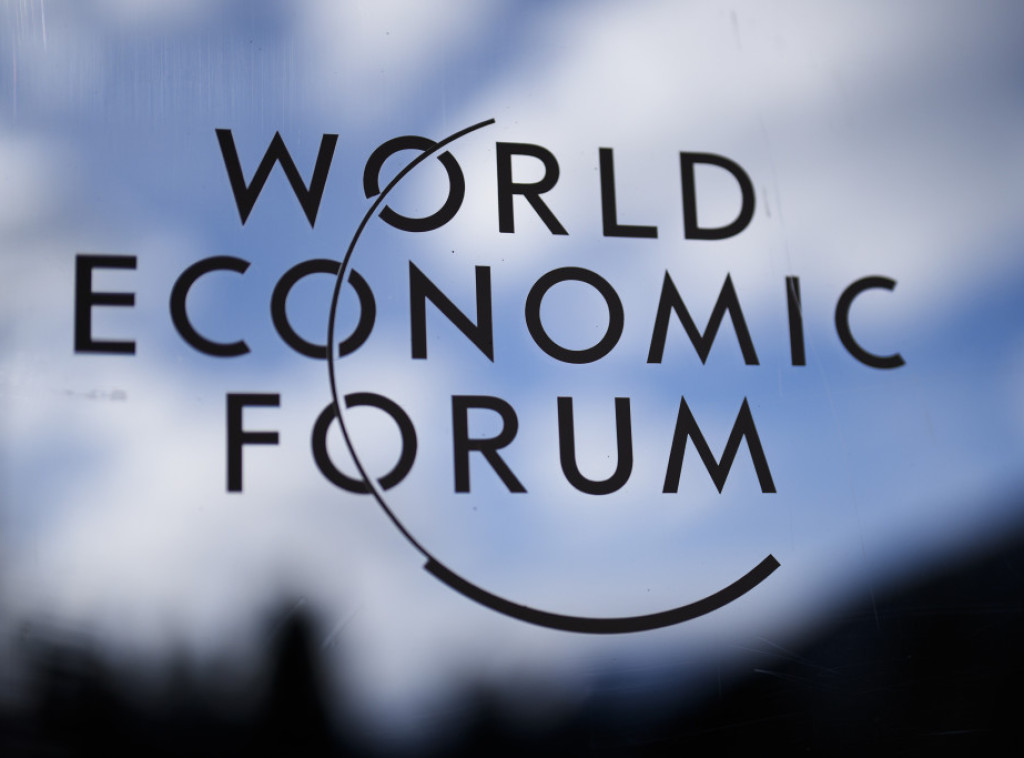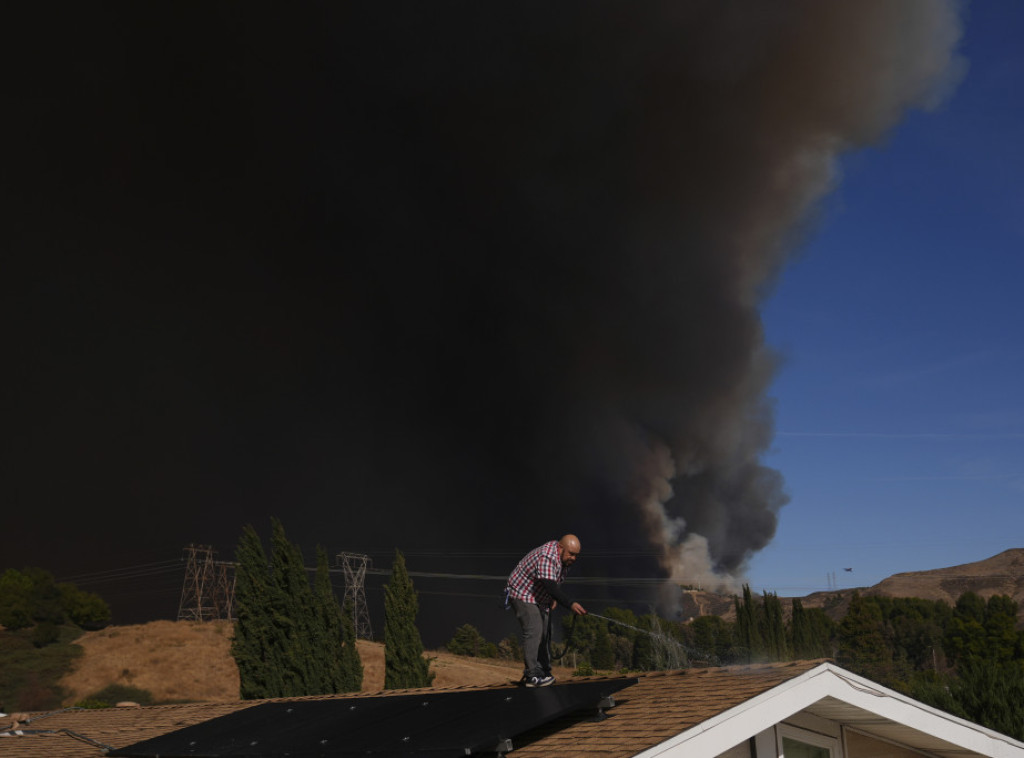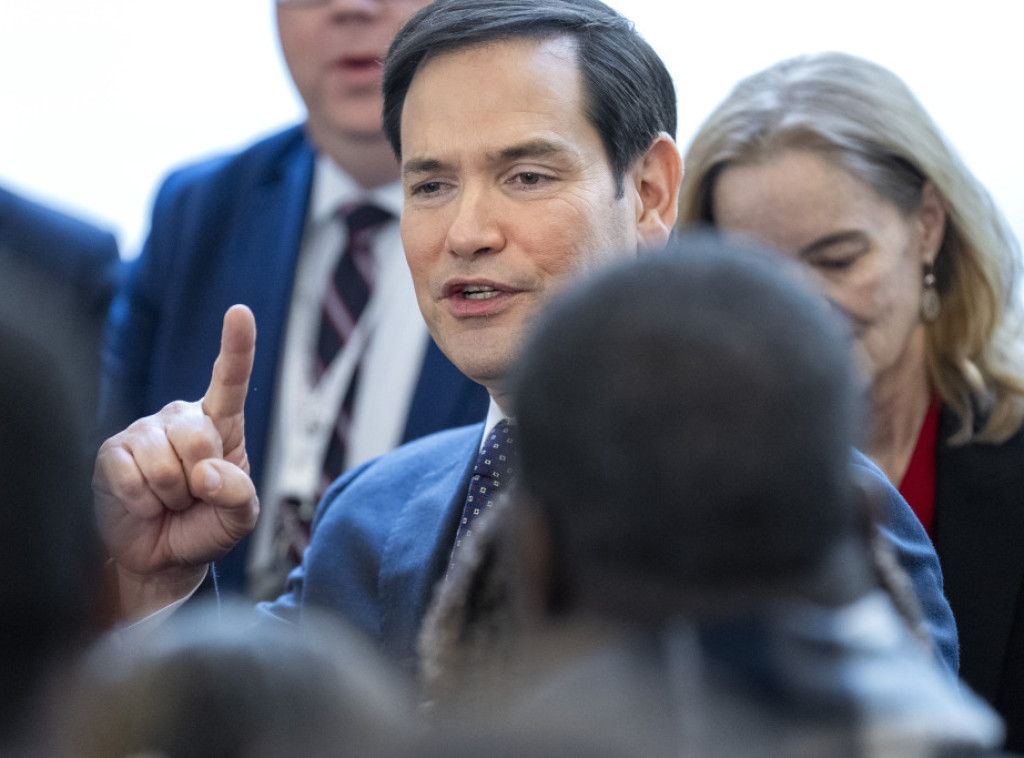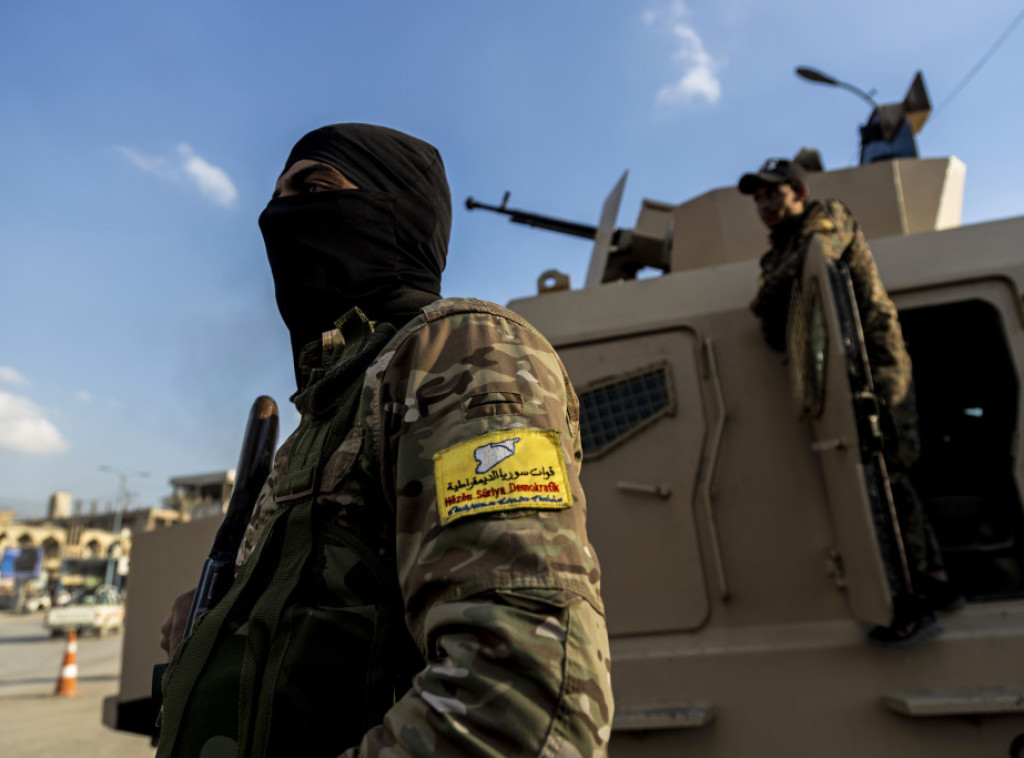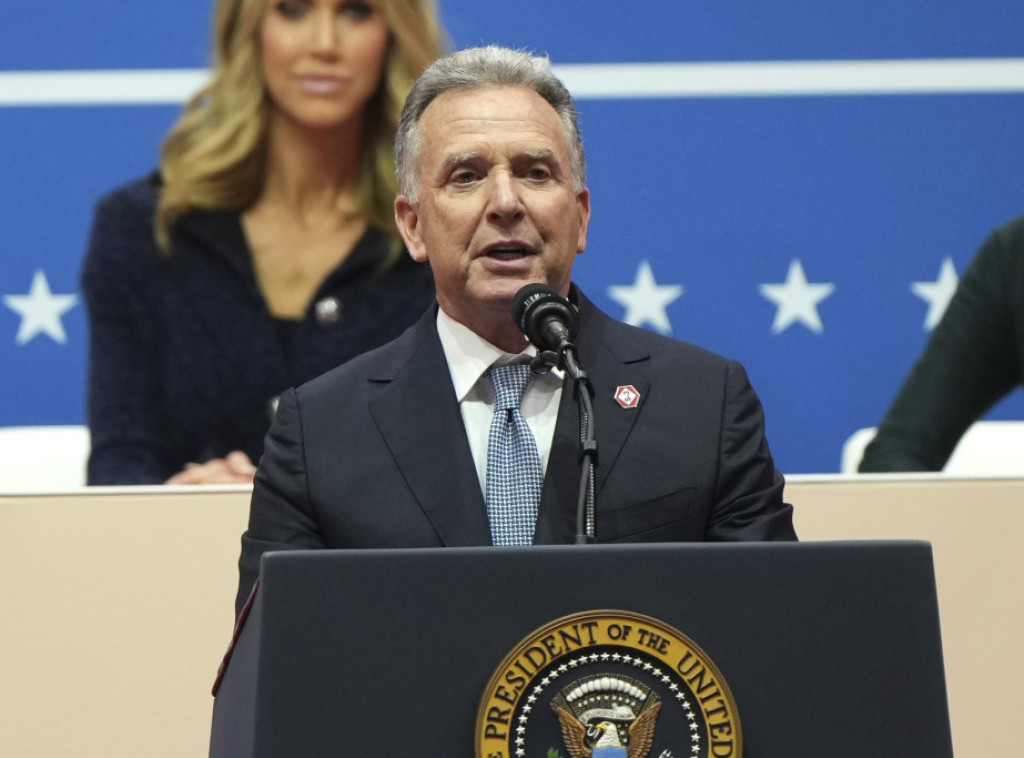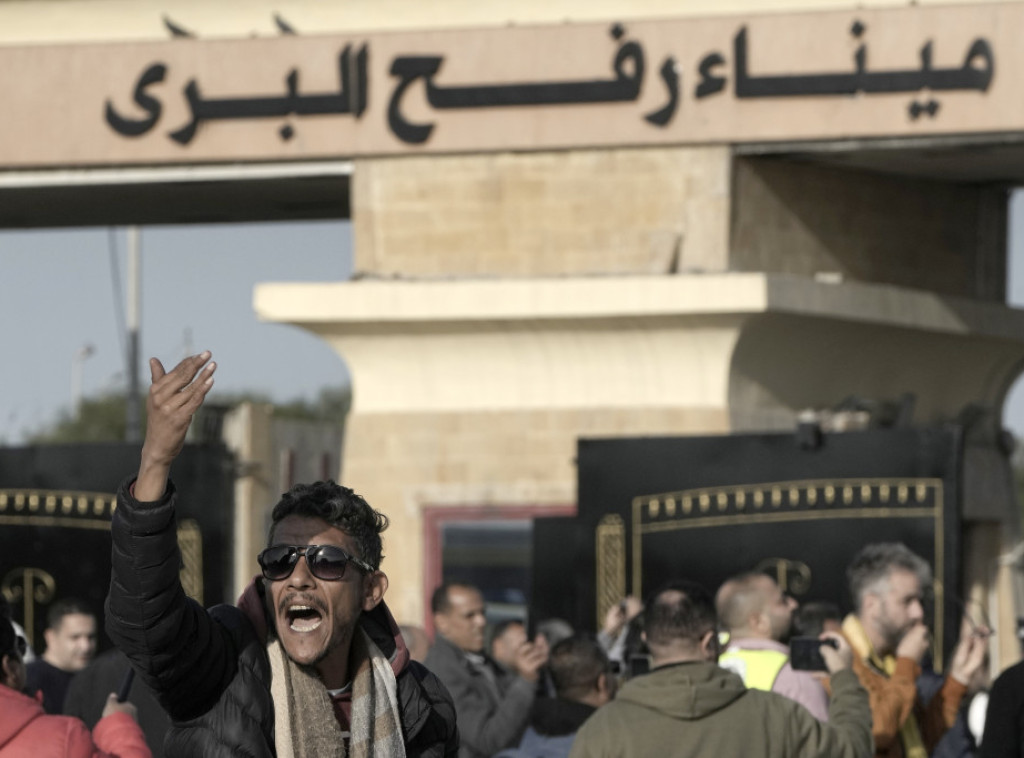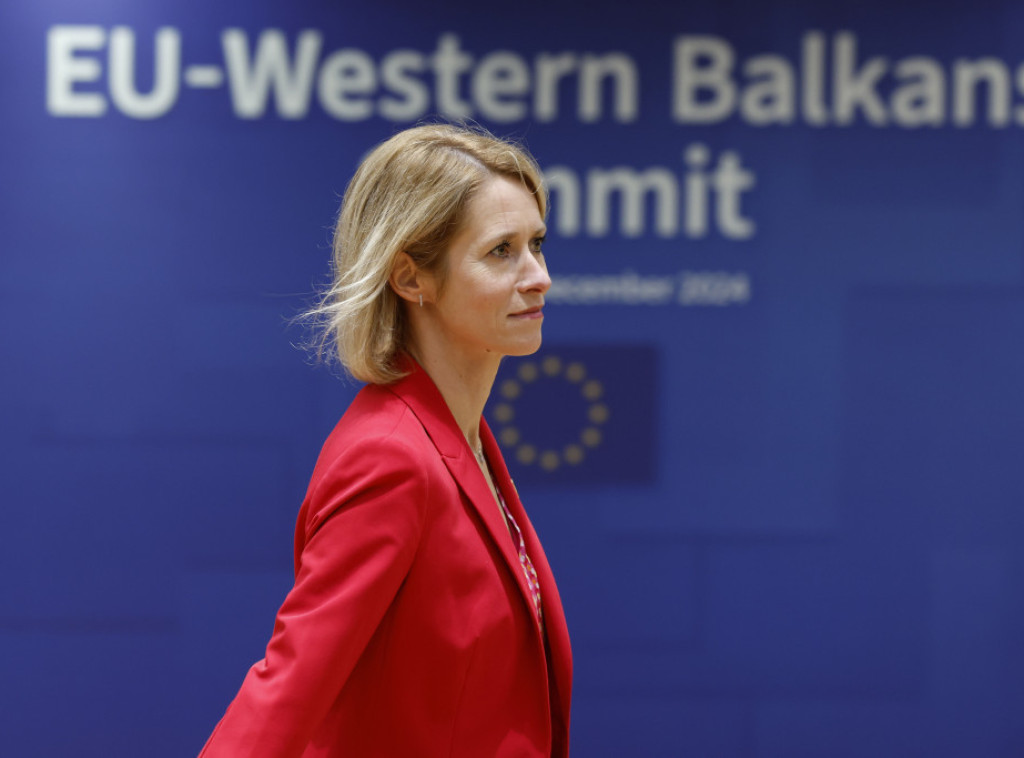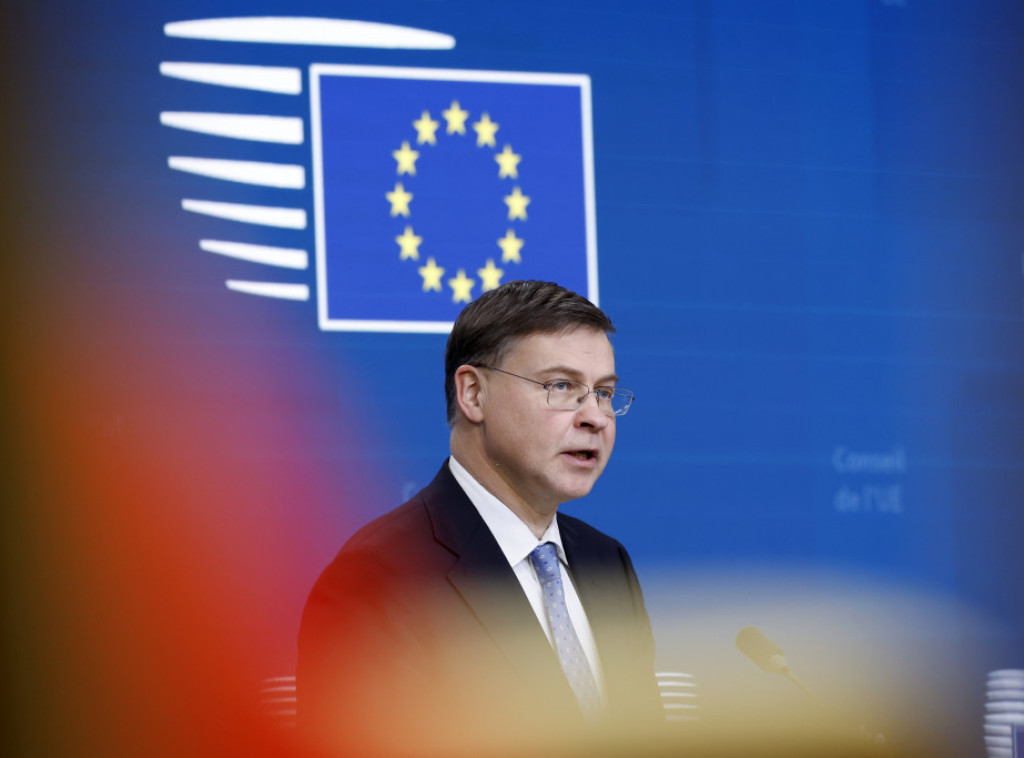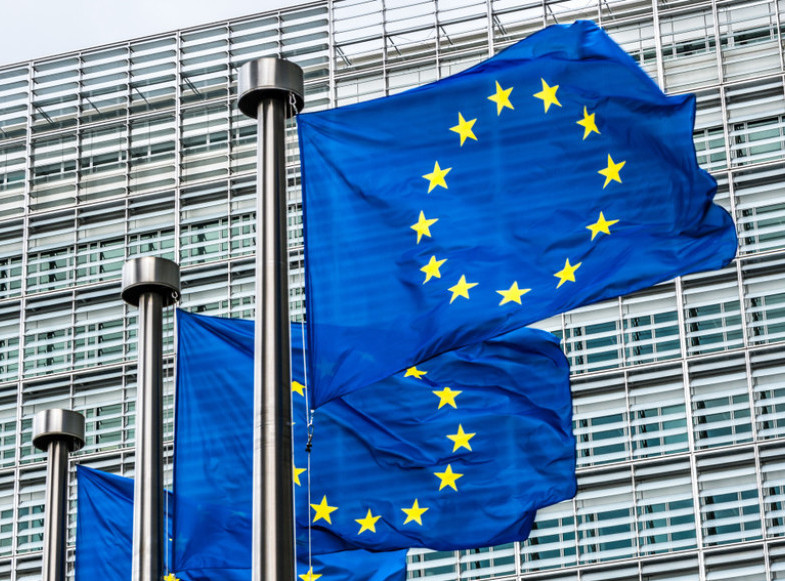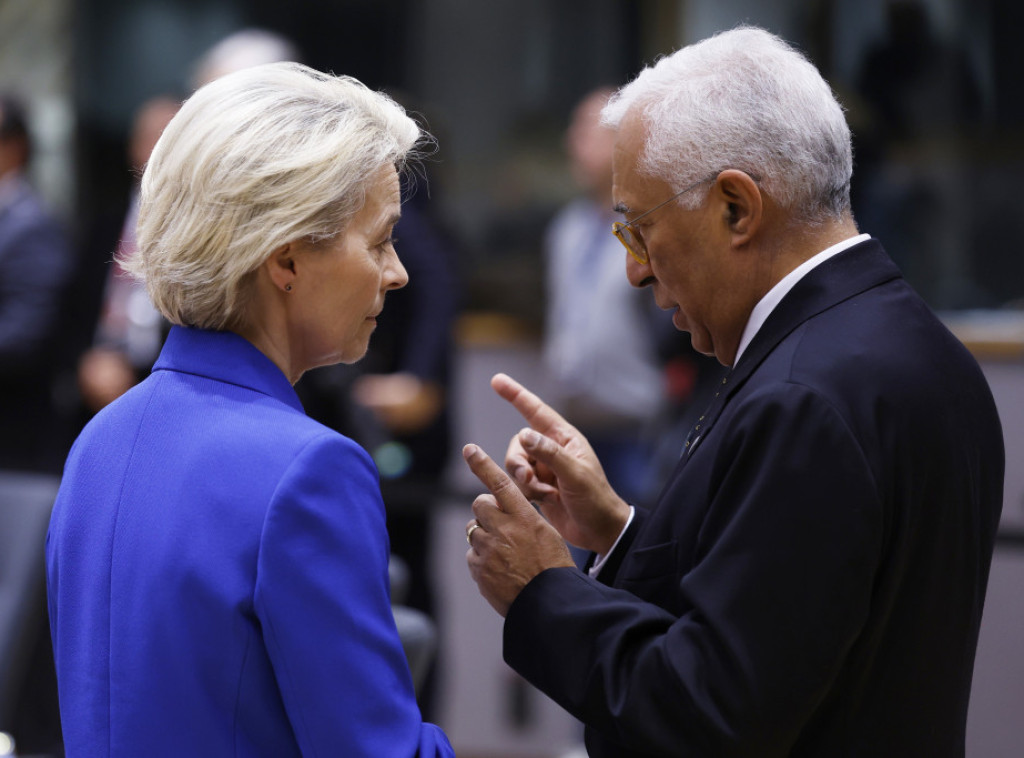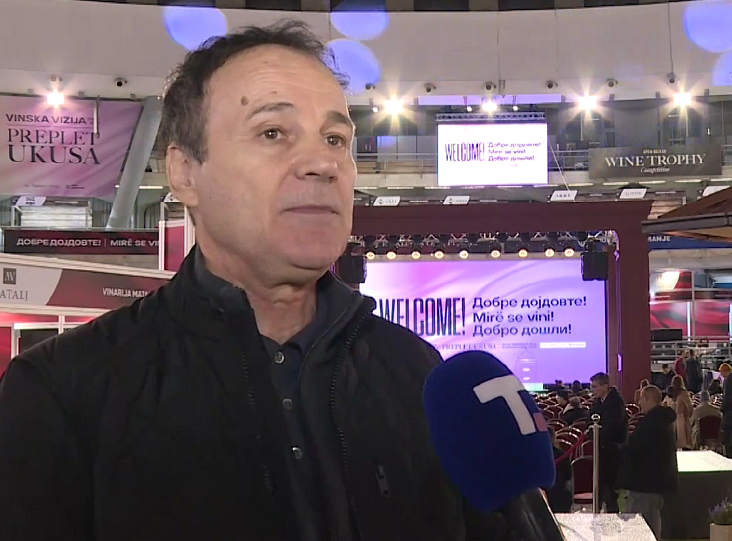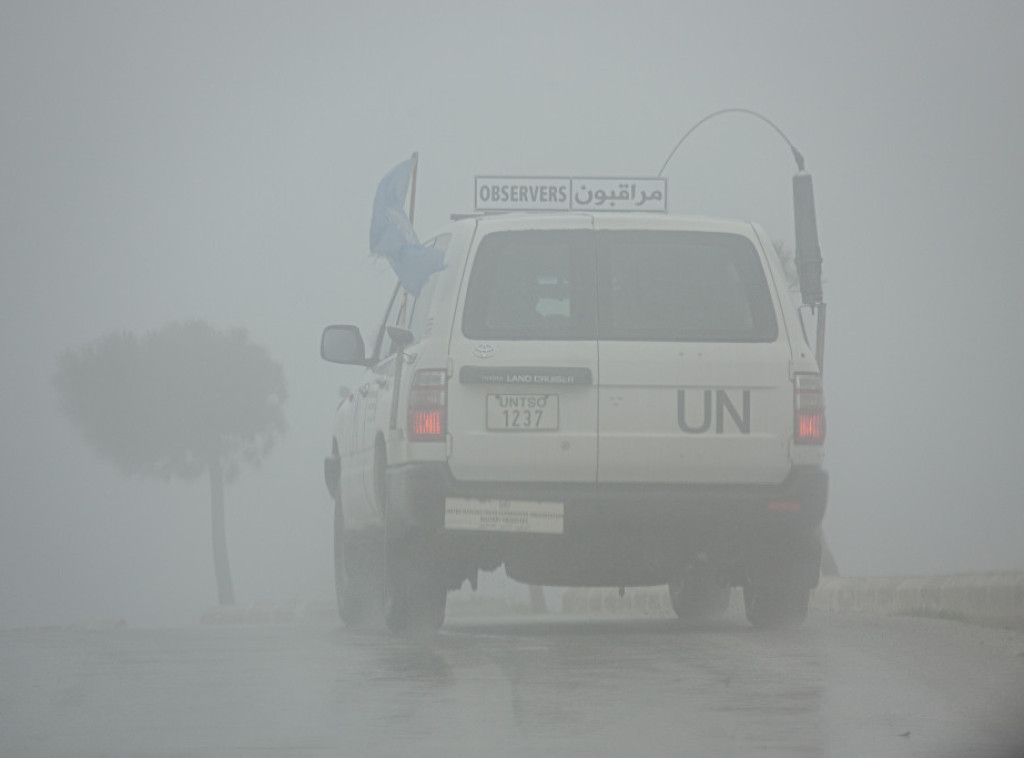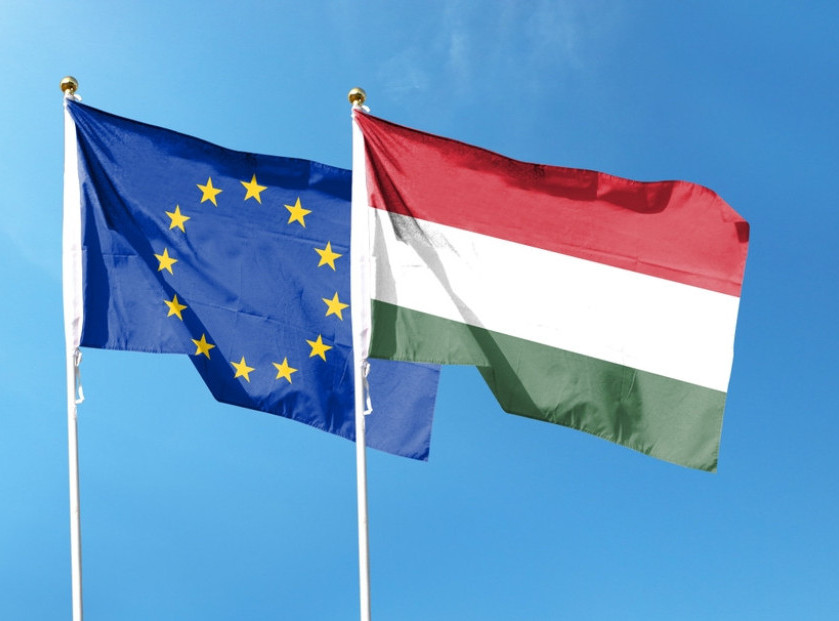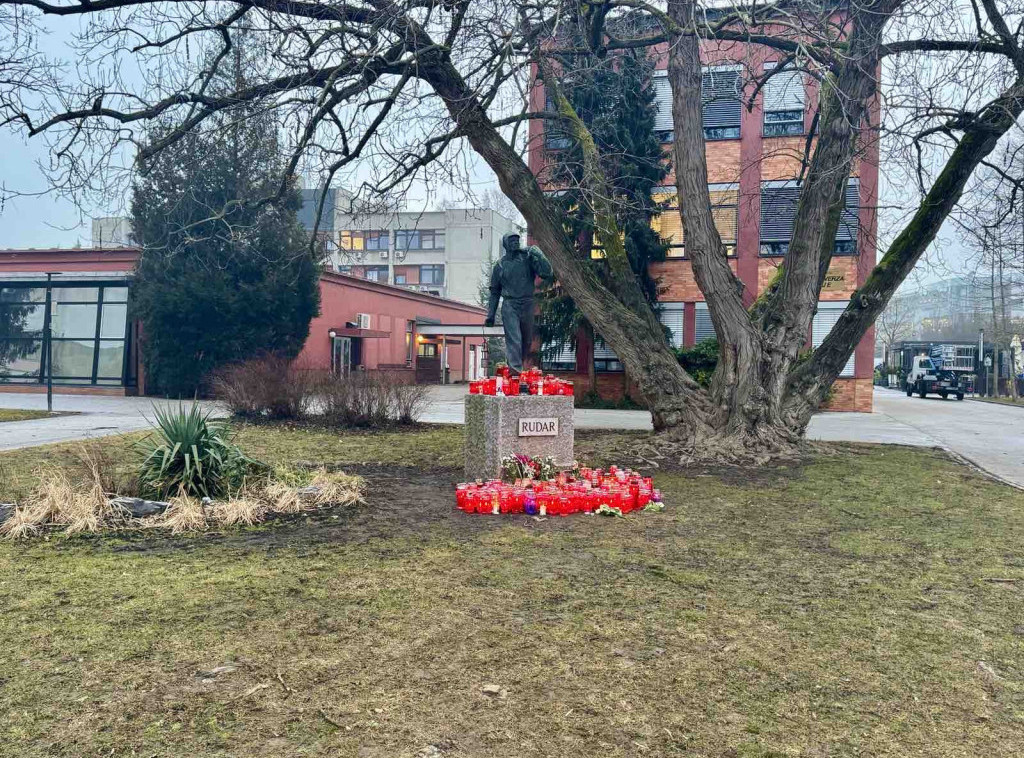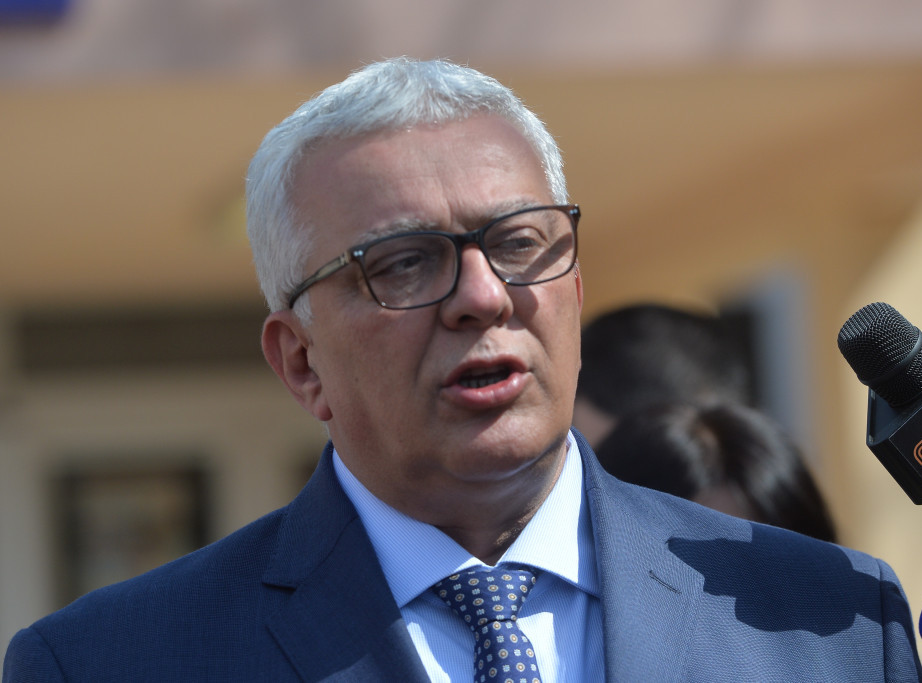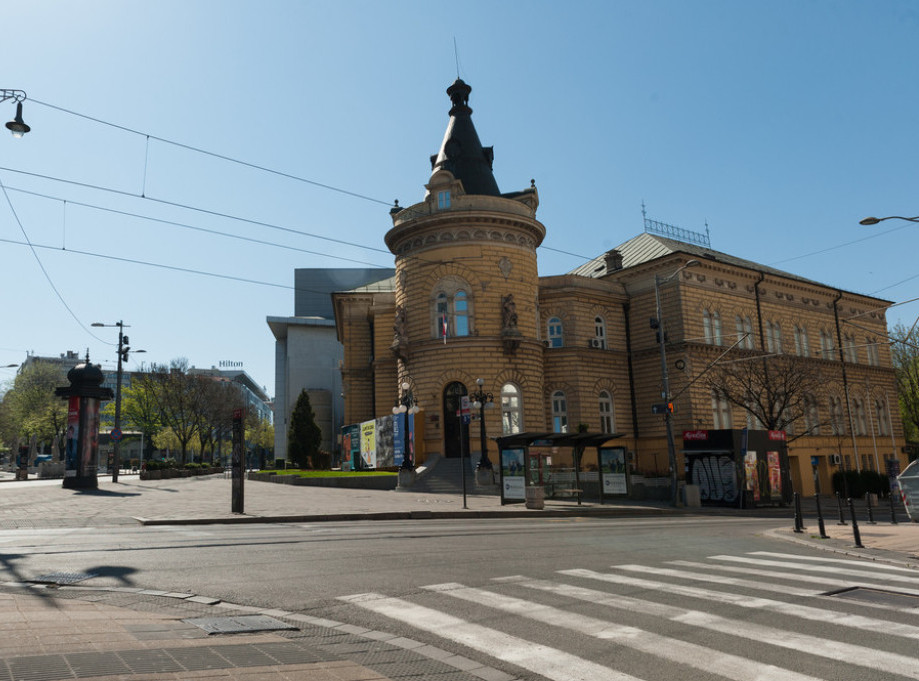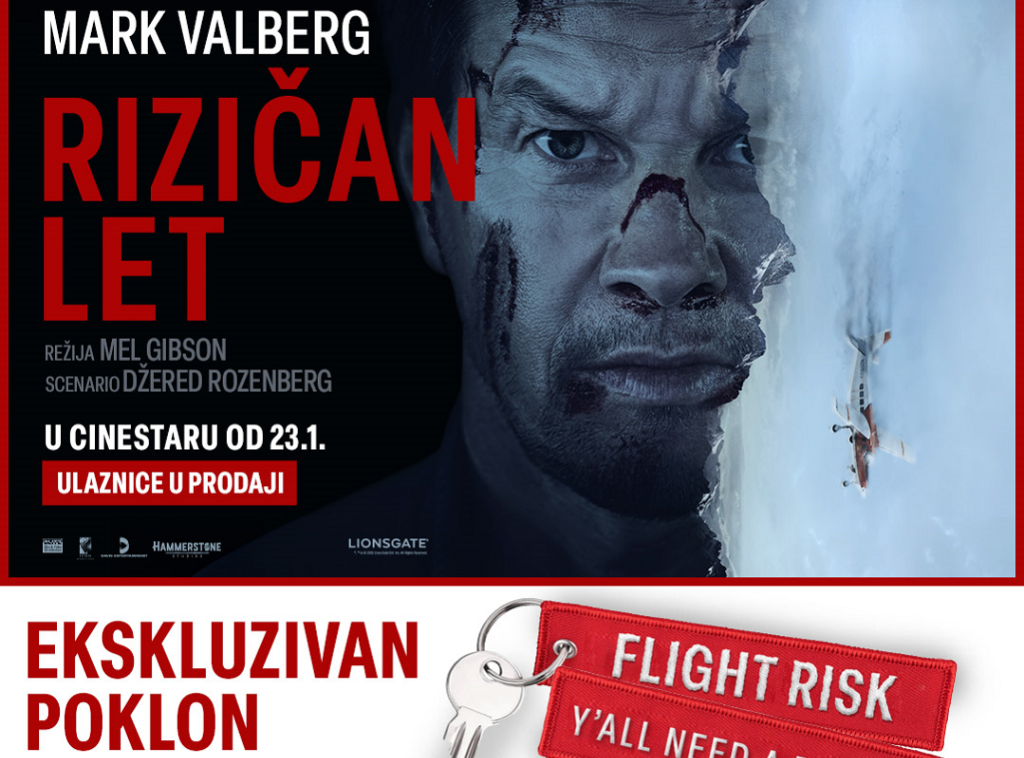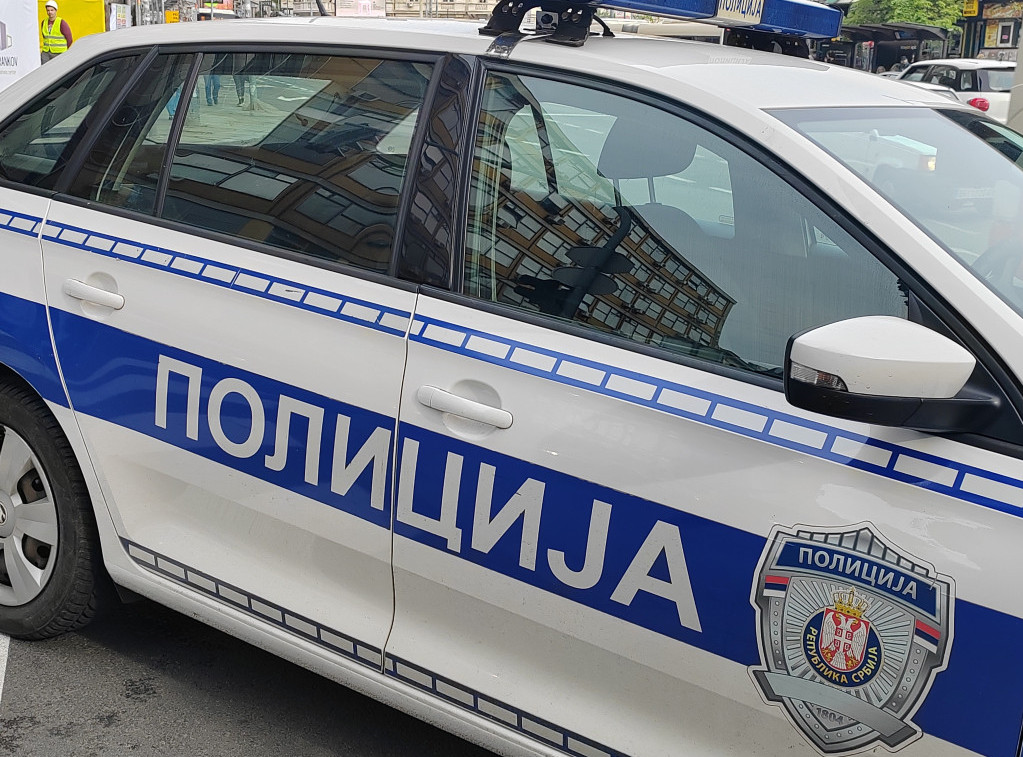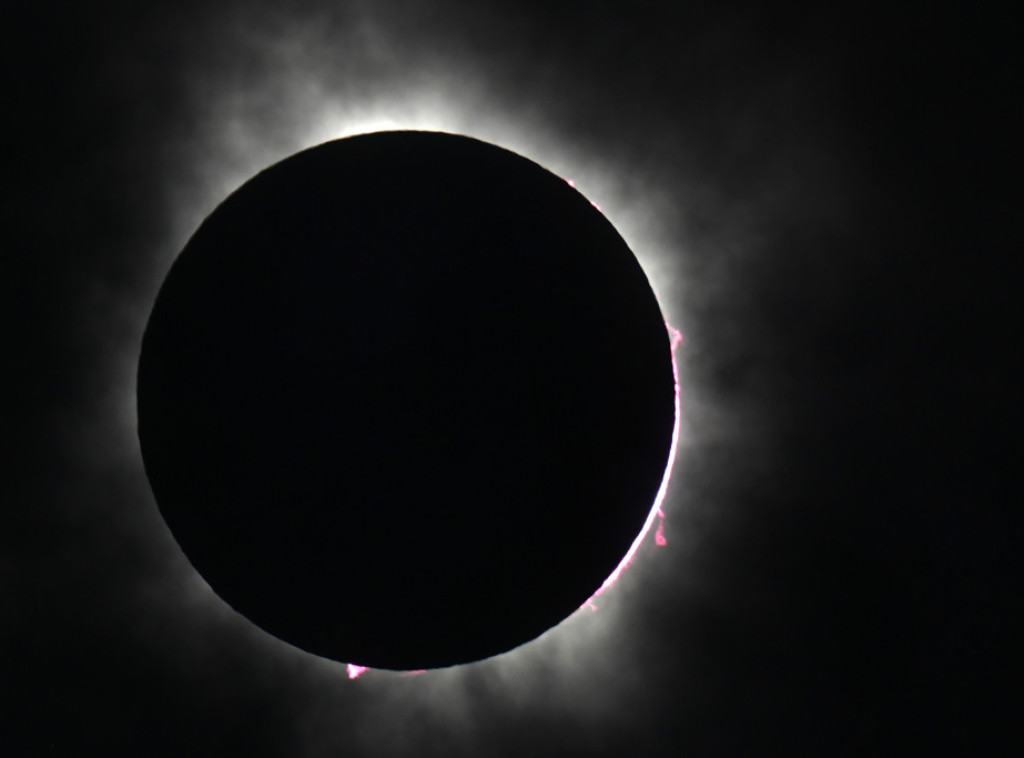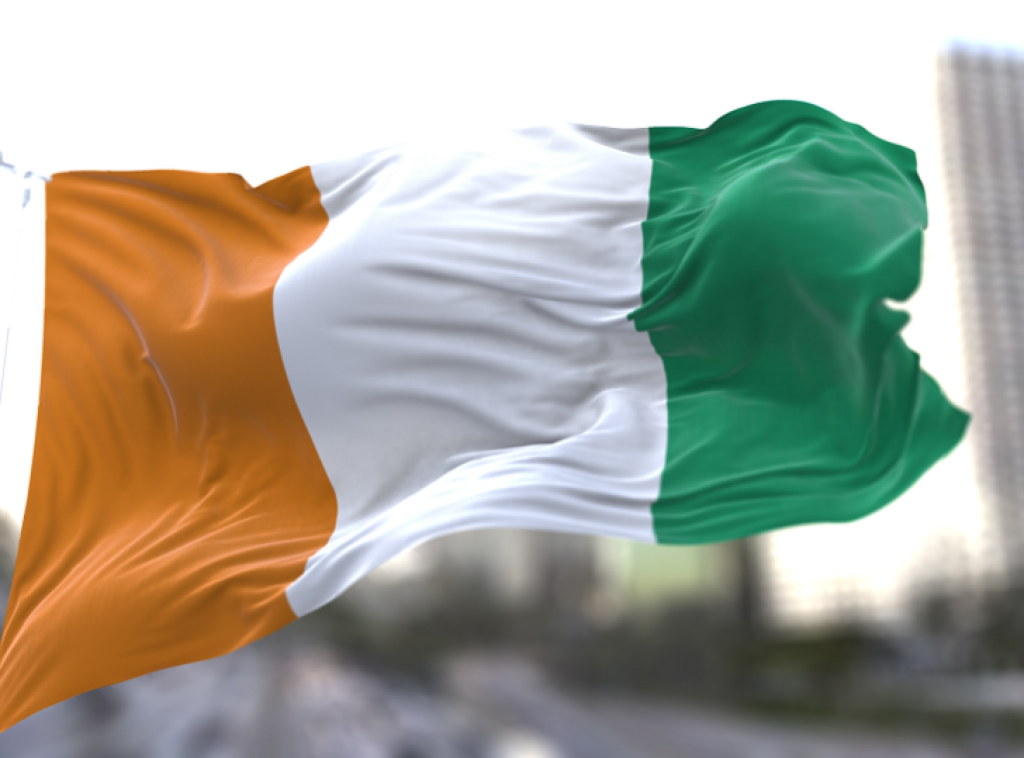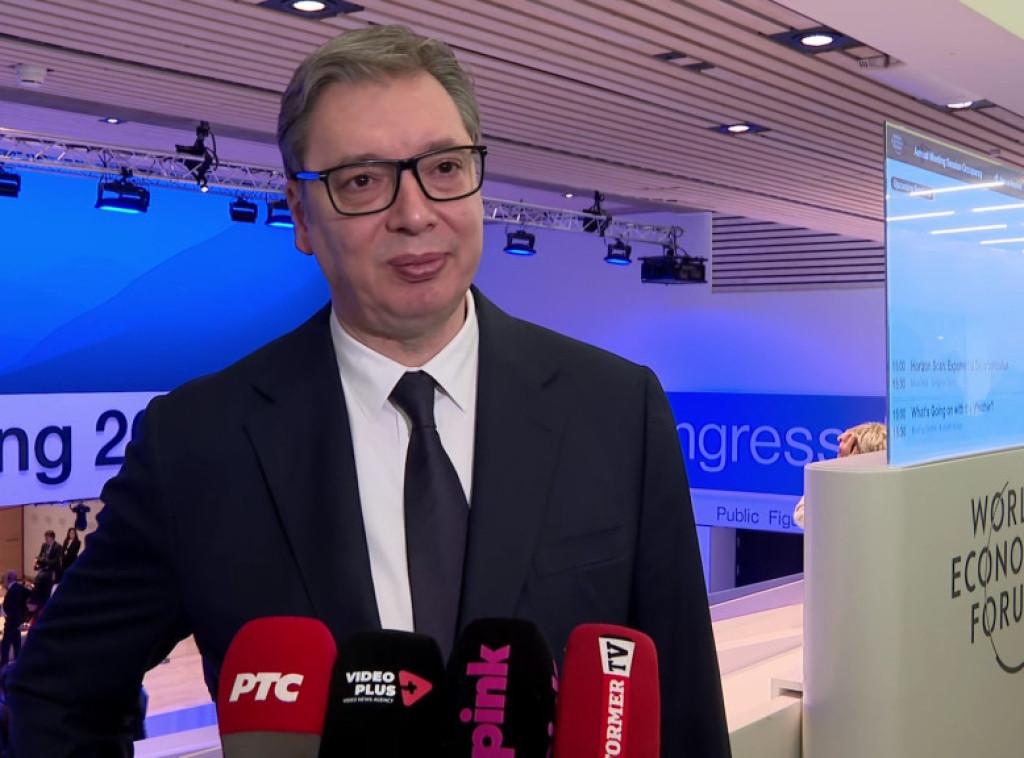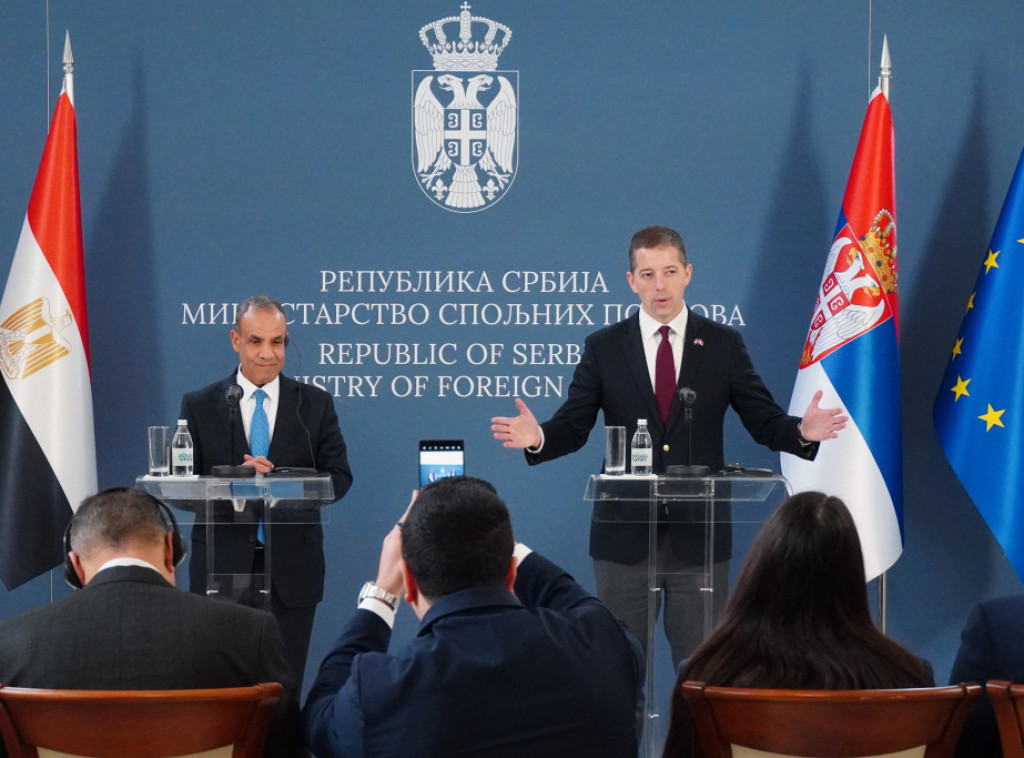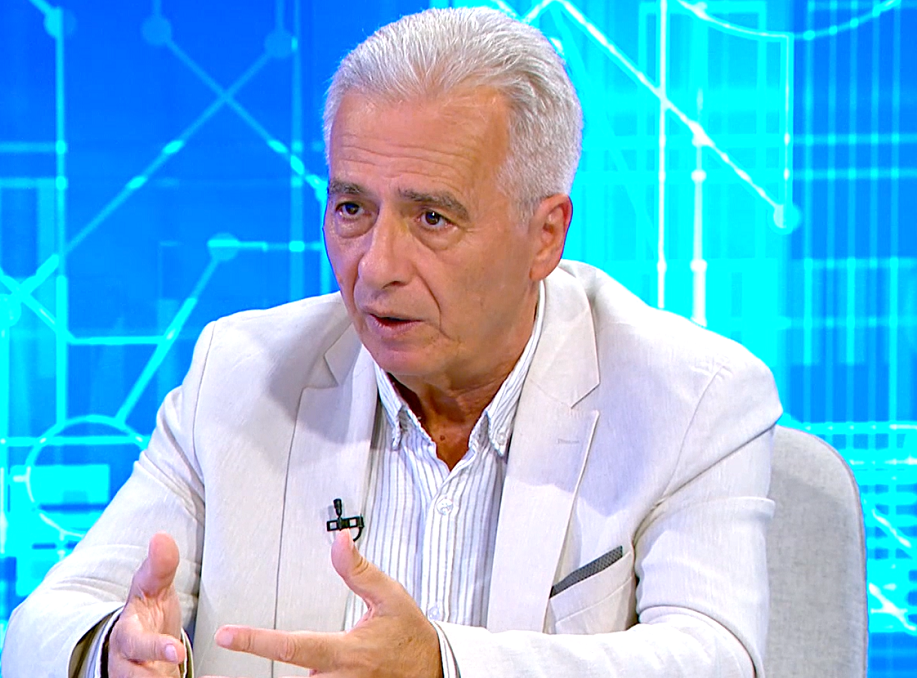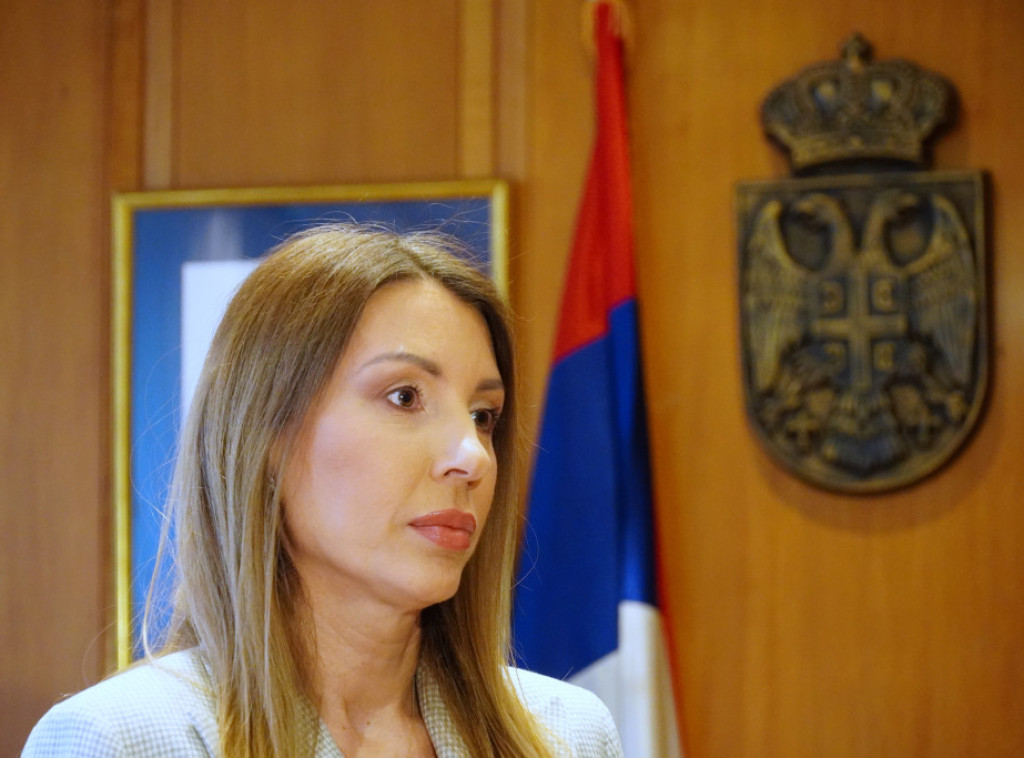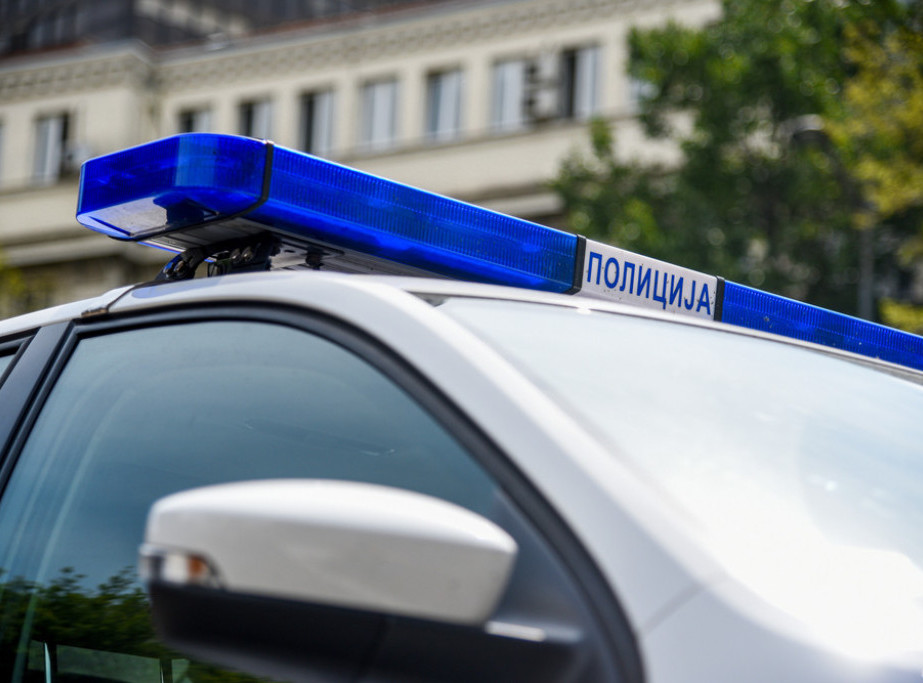
22. maj 2024 13:10
Djuric: UN Srebrenica resolution to cause further division in Balkans
podeli vest
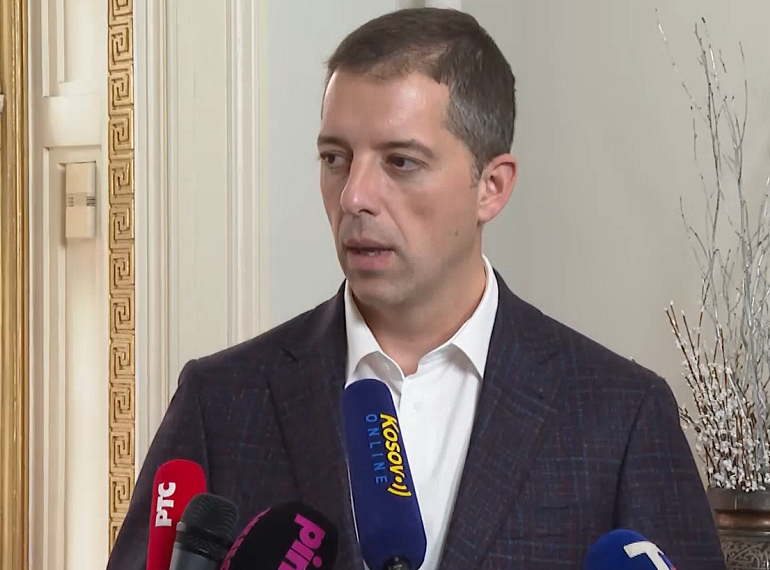
Foto: Tanjug/video
BRUSSELS - A UN resolution on Srebrenica will cause further division in the Balkans, and reaching a consensus on memorialising the past in a way that does not sow division is the best way to ensure it does not - and cannot - happen again, Serbian FM Marko Djuric wrote in an article for the politico.eu portal.
"This is the best way the UN can contribute to intergroup and interfaith reconciliation in the Balkans," Djuric noted.
"No one can deny that horrible war crimes occurred during the Balkan wars. Only political extremists reject the view that unspeakable crimes were committed in Srebrenica. And only the most callous of people are unwilling to acknowledge and honour those victims. However, as the proposed UN resolution is narrowly focused and was drafted without consulting all regional communities and parties to the Balkan wars, it will likely prove highly divisive inside Bosnia and throughout the region.
While Western reporting and political leaders primarily focused on Bosniak Muslim victims during the Balkan wars, the tragic reality is that all ethnic and religious groups suffered massive war crimes. At a recent gathering of the UN Security Council, individuals who, as young children, had endured torture or become orphans due to the mass killing of Serb civilians were present in the hall. They were with me as I argued that the proposed resolution ignores their pain, creating a hierarchy of suffering among innocent victims," Djuric added.
"The Republic of Serbia has continuously and consistently condemned all crimes of this tragic conflict - particularly the Srebrenica massacre, which was horrific in its scale and cruelty. In 2010, the National Assembly of the Republic of Serbia adopted a declaration condemning the crimes committed in Srebrenica. The Republic of Serbia also unequivocally and strongly condemns the denial of all the war crimes committed in Bosnia during the tragic civil war. And senior officials of the republic, including two presidents, have paid their respects to victims at the Srebrenica Memorial Centre in Potocari, and participated in commemorations at the UN in New York," Djuric wrote.
He added that any UN resolution on the suffering in the Balkan wars should "respect the conflict’s more than 100,000 victims."
"These victims deserve equal justice, treatment and remembrance, as well as the respect of the international community regardless of their nationality, race or religion. Unfortunately, however, the draft resolution seeks to memorialise and single out one group.
Just as importantly, the resolution also seeks to apply the term genocide to the crimes that took place in Srebrenica, suggesting they were based on different motives than the mass civilian killings of Serbs and Croats during the warfare that accompanied Yugoslavia’s dissolution. I will leave it to experts to debate the definition of genocide in international law, but suffice it to say that many leading scholars - including experts like Yehuda Bauer - have questioned its application in the case of Srebrenica," Djuric noted.
"Furthermore, the draft resolution undermines the constitution and rule of law in Bosnia. It was drafted, proposed, co-sponsored and is being lobbied for by the UN’s Permanent Representative of Bosnia and Herzegovina, Ambassador Zlatko Lagumdzija, without the legally required consent from the country’s tripartite presidency, which represents Bosniaks, Croats and Serbs. It was advanced in secrecy, without consulting the country’s Serbian entity or its elected representatives, and without any attempt to acknowledge the war’s tens of thousands of other victims. For 29 long years, Serbs who survived numerous civilian massacres have been pleading for truth and justice. They understand the pain felt by all victims and their families, regardless of whether they’re Bosniak, Croat or fellow Serbs," Djuric wrote.
"Together with virtually the entire political spectrum in my country, they believe equal justice for all of Bosnia and Herzegovina’s war victims is the only path to lasting peace, stability and reconciliation," he noted.

